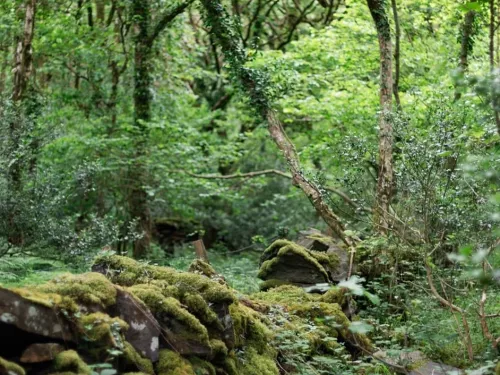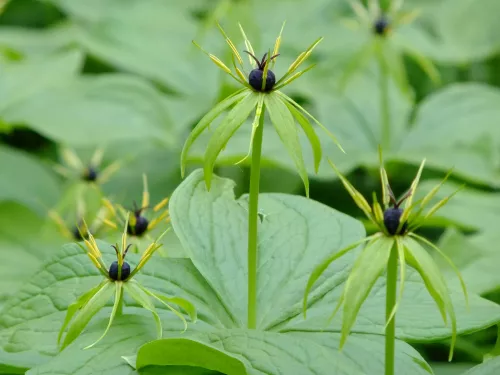Wilder Wellbeing
At Kent Wildlife Trust, we also offer our Wilder Wellbeing programmes, designed for individuals who are experiencing or living with mental or physical health conditions. These are six week programmes (two hours a week for six consecutive weeks, for the same group of participants), where mindfulness in nature is used to facilitate improvement to participants wellbeing. The Five Ways to Wellbeing form the core of the sessions, in an accessible and gentle way suited to the access needs of the group. The programmes take place at some of our more accessible nature reserves, with more details found here:
Marketing
Kent Wildlife Trust are also looking at how we communicate with the wider public as Digital Marketing Manager, Natasha Aidinyantz explains;
In the marketing department, we’re always conscious of different abilities when designing graphics and content. But this year, with a new digital push, we’re going to focus on making our website more friendly to people who use words to see and hear. This means uploading transcription files to our YouTube videos and ensuring there are alt-tags on all of our images – website, email and beyond. It also means being more descriptive with our links. We also hope to move towards a more accessible website in the future and plans are already underway for this.
It may take some time to update images and videos of the past so please bear with us. If you have a suggestion for how we can further improve our digital experience and make it more friendly for all abilities, please email us.
Commitment to disability and inclusion
Kent Wildlife trust is committed to working for inclusion for all including people with disabilities, with the aim to become a more inclusive organisation.
Over the past few years, we have been developing an Equality, Diversity, Inclusivity, and Belonging (EDIB) Action Plan and Strategy. This year, we will finalise the plan and embark on meaningful actions that involve the entire organisation, moving beyond the exceptional, but isolated, efforts of passionate teams and individuals. Our focus will be on empowering both our leadership team and the EDIB group to drive significant improvements for all marginalised and traditionally excluded groups.
The actions we will be taking include:
- Ensuring the collection and reporting of relevant demographic data for existing staff, new hires, and job applicants at the Trust. This will enable us to identify any disparities in recruitment and proactively address them. Our goal is to continue working towards an inclusive and diverse recruitment process, ensuring that the best candidates are aware of each job opportunity and feel encouraged to apply. Note: This recruitment data will only be made accessible to the hiring manager during the interview stage, and only with the applicant’s permission, further enhancing the inclusiveness of the application process.
- Directing new and existing staff to the staff networks offered by the Royal Society of Wildlife Trusts, including Nature for All (for those living with a disability).
- Supporting our wonderful HR team with ideas, expertise and capacity to assist with the creation of new policies, e.g. Disability Passports and PEEPs.
- Developing a collection of resources and user guides for staff and managers to effectively engage with, manage, and work alongside minority groups.
- Incorporating inclusivity training into the mandatory training requirements for all staff. By integrating this training into our staff development programs, we aim to raise awareness, enhance knowledge, and cultivate a more inclusive work environment.
- We have a number of members of staff trained in Mental Health First Aid, which includes being able to recognise the signs and symptoms of someone in crisis or experiencing mental ill health, and how to effectively listen to and signpost that individual to support.
In the coming months, we will prioritise hiring an EDIB consultant to review our policies and provide guidance on further enhancing inclusivity at the Trust. This consultant will help us implement best practices and ensure that our commitment to inclusivity is upheld.
By taking these actions, Kent Wildlife Trust is dedicated to creating a more inclusive organisation, supporting disabled communities, and fostering an environment where everyone feels valued and empowered to contribute. Together, we can make a significant impact on the conservation field and build a future that embraces diversity and equality.
References




